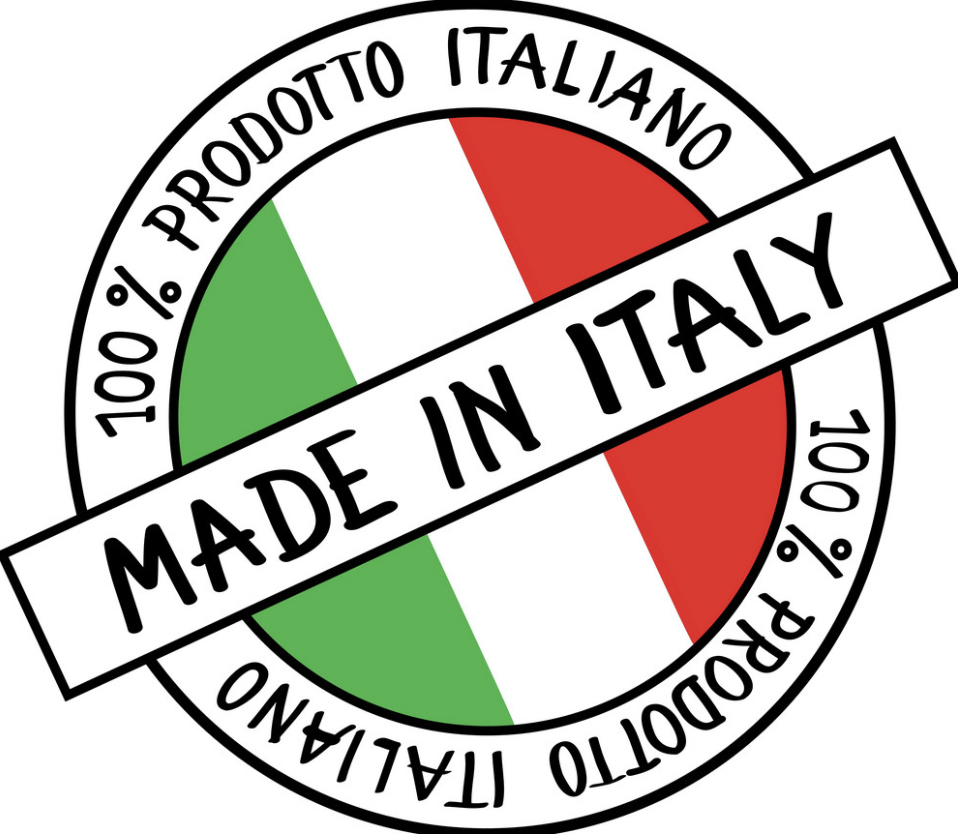
- 18/09/2023
Giovanni Trigona
- in Culture & Costume, Food & Wine
- 0Comments
I read these days about this Class action, brought against Barilla by a Canadian mother, who felt cheated, because the pasta she bought for her family, and even choosing it with a higher cost to less expensive ones, according to her opinion, not being produced in Italy, but in Canada, cannot be called “Made in Italy,” so she sent her lawyer the filing of a Class action, against Barilla in Canada.
I attach the article from the Montreal Gazette: Barilla pasta has “deceived”; consumers, argues the class action claim brought by the women of Côte-St-Luc, In Quebec Canada.
The proposed lawsuit alleges that the company that advertises itself as “the No. 1 pasta brand in Italy”; is misleading because it is made in North America.
A Côte-St-Luc woman is behind a class action lawsuit claiming that a popular pasta brand has misled consumers into believing its products are Italian. The claim alleges that Barilla Canada Inc. presents itself as “the No. 1 pasta brand in Italy” inducing people to believe its pasta is authentically Italian when in fact it is made in North America.
The mother of five says she spent more than $100 on Barilla products
last year, opting for them because she thought she was paying for Italian pasta
imported. “People buy it instead of choosing a cheaper brand because they believe Italian products are of better quality.They associate good pasta with Italy, said David Assor, the lawyer behind the lawsuit; and so they feel cheated;The class action claim has yet to be cleared by a judge, and Barilla Canada is challenging it.In a decision issued last week, a Quebec Superior Court judge allowed a statement from the company’s marketing director to be filed.
The statement said that Barilla was founded in Parma, Italy, in 1877 and
remains a family-owned Italian company. Based on sales volume, the statement says, it is correct to say that Barilla is the most important pasta brand in Italy.
The company has been using the brand since at least 2009, it adds, “as a way to
distinguish its products from other pasta brands in the Canadian market.”
The affidavit goes on to explain that Barilla Canada, based in
Markham, Ontario, uses the same recipe, proportions, processes and “know-how” in production that Barilla uses “throughout the world, including Italy.”
The company has been using the trademark since at least 2009, he adds, “as a way to
distinguish its products from other pasta brands in the Canadian market.”
The affidavit goes on to explain that Barilla Canada, based in
Markham, Ontario, uses the same recipe, proportions, processes and “know-how” in production that Barilla uses “throughout the world, including Italy.”
On Barilla’s website, the company states that its products sold in NorthAmerica are made in Iowa, New York and Canada. Those made in Italy bear the words “made in Italy”; “Italian product”; on the box.I do not go into the decision of the Canadian lady or the Canadian court, on the lawsuit that is to be filed, but the surprising thing about this action, and, that I would have expected an Italian mom or an Italian chef, to have made this Class action against Barilla.
That Made in Italy in addition to being an Italian commercial driver in the world, is a “brand” that inspires confidence and that people, ( and as substantiated by this article, not only Italians) buy precisely because it is an Italian product, and as such cannot ‘be confused or lead to confusion.
That there is a need to clarify even in definitions, so much so that right in Ontario
there is a pasta factory, made with Italian machinery, know how, Italian,
Italian owner, Italian brand name, but that does not transcribe that it is a “Made in Italy” product, but Italian for all the components, and I think it is a commercial definition that is not misleading, in fact honest, and puts the customer in a position to choose by reading the label and the definition.
Now, it should also be added that in Italy, Italian pasta factories use the
Canadian flour so much so that: (quote: https://ilsalvagente.it/2020/09/12/90775/)
An ‘inchista published in the newsstand issue of Salvagente, based on dataofficial data we obtained. Data that say that in the first three months of 2020, 700 million kilos of wheat were landed in our country destined for
pasta-making, as many as 254 million came from Canada and 175 from the United States, countries where the legislation on phytosanitary treatments is less “strict” than in Europe, starting with the use of glyphosate, the most widely used herbicide in the world, classified as a “probable carcinogen” by Iarc, the WHO’s International Agency for Research on Cancer.
So what do we call these Italian-made pastas, Canadians?
Let’s say that thanks to this lady from Quebec, Pandora’s box has been broken, and it is good, both for our Made in Italy, and for the marketing and protection of our national products, that there is legislation to protect and safeguard them, in Italy and around the world.
Try calling a wine with bellicine, (perlage), stored over the years in the
pupettier, and with skilled hands sell turned daily, a sparkling wine,
AS that produced in France, for hundreds of years, try calling it
CHAMPAGNE, Canadian, or Russian or Chinese, that a stable of French lawyers, will
chase after you and ask you for the damages, because that is a “French product and Made in France, representing France, culture and History” then I wonder, are we Italians nemo of the French?
Waiting, at the balcony in Vancouver (BC), to see how this lawsuit ends, I hope that this story will also lead us to the battle, cowardly, “of the Italian Sound” that appropriates the names of our Italian products and shamefully copied, sold in all the stores in the world, with an Italian image damage and of our companies, immeasurable.


